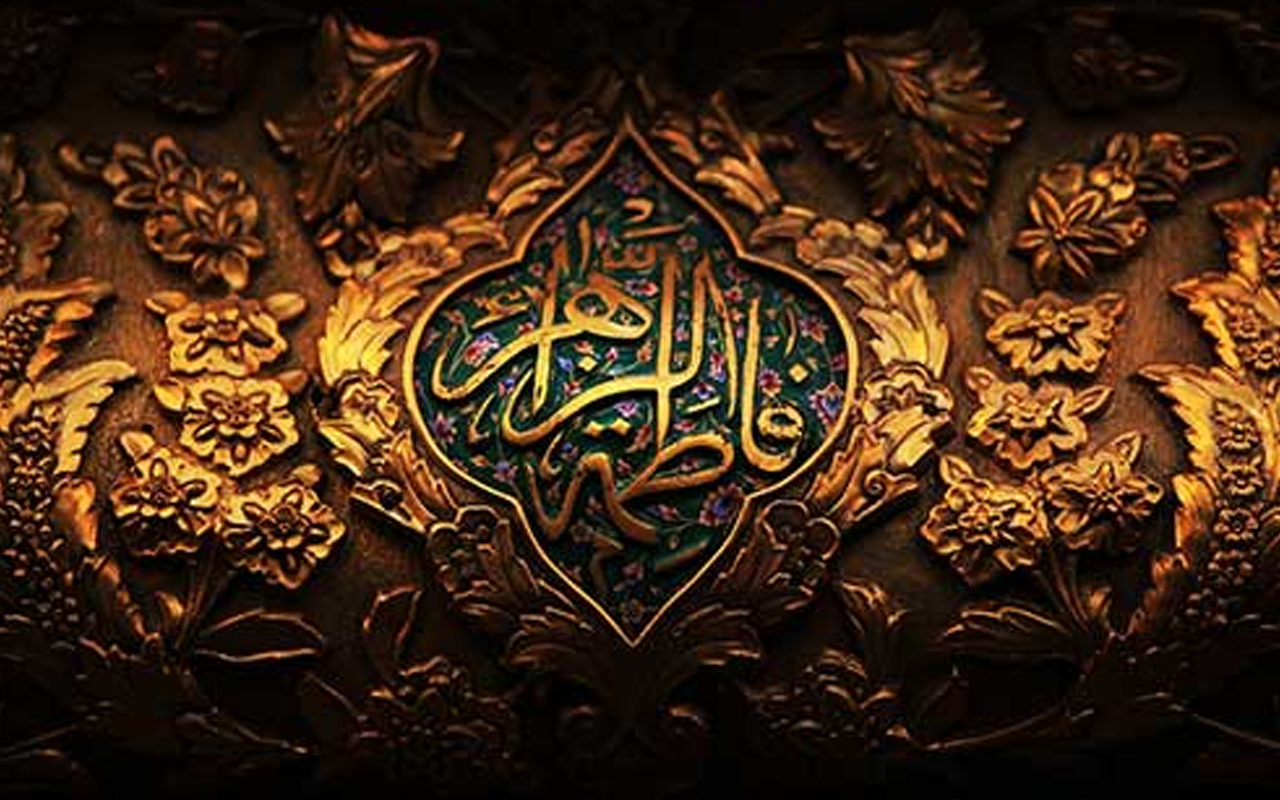The poignant narrative of Bibi Zahra’s (sa) final day reveals the extraordinary character of the daughter of Prophet Mohammad (saws). On the third day of the Islamic month of Jamadi al-Thani, in the eleventh year after Hijrah, Bibi Zahra (sa) expressed to her household that her pain had subsided, and she began attending to household chores.
Despite her weakened state, she bathed and cared for her children, expressing a motherly concern for their well-being once she was gone. Her husband, Imam Ali (as), surprised by her activity, inquired, and she revealed a dream in which Prophet Mohammad (saws) foretold her imminent departure.
Aware of her approaching end, Bibi Zahra (sa) requested Imam Ali (as) to execute her will. Surrounded by her loved ones, she conveyed her wishes, urging Ali to marry her niece Umamah, who would care for their children as she had. She also requested that Fizza, her servant, continue to stay with the family.
Expressing her love and devotion, Bibi Zahra (sa) asked Ali to ensure that those who wronged her would not participate in her funeral prayers. She detailed her desire to be washed, shrouded, and buried at night, with Ali reciting the Quran by her grave.
As the conversation unfolded, tears flowed, and Imam Ali (as) promised to fulfill her wishes. Bibi Zahra (sa) reassured him, acknowledging the pain of separation, but urging him to continue serving Islam and humanity.
The day of her martyrdom arrived, and Bibi Zahra (sa) bathed, lying down in her garment. She instructed Asma bint Umays to call her name after a while. When there was no response, Asma discovered that Bibi Zahra (sa) had peacefully departed to join her father, Prophet Mohammad (saws), in the realm of grace.
Imam Hassan (as) and Imam Hussain (as) returned home, learning of their mother’s passing. Overwhelmed with grief, they pleaded with her to speak before they, too, would pass away. As the news spread, the Hashemite women gathered, mourning the great calamity that had befallen them.
Imam Ali (as), following Bibi Zahra’s (sa) instructions, conducted the burial ceremony in the quiet of the night, accompanied by a few trusted companions. The exact date of her demise remains uncertain, observed during the period known as Ayyame Fatimiyya, between the 13th, 14th, or 15th of Jamadi Al-Awwal to the 3rd Jamadi al-Thani, either 75 or 95 days after Prophet Mohammad’s (saws) passing. The legacy of Bibi Zahra (sa) lives on, a symbol of strength, devotion, and sacrifice.
